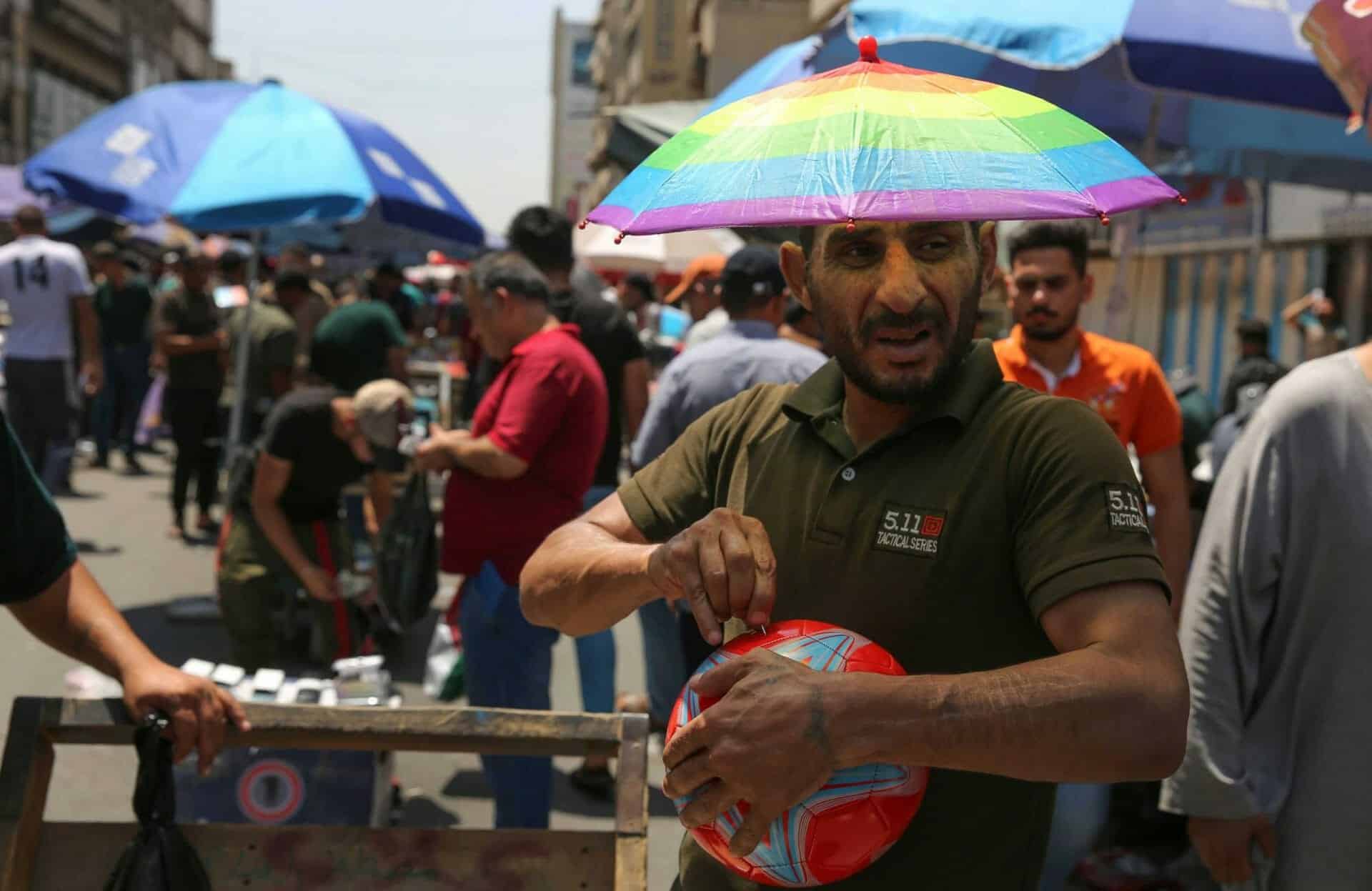-
With this, the US will have supplied more than $200 million in humanitarian aid to Iraq in FY2021
-
The US has provided aid to the tune of $3 billion to the country since FY2014
The US will provide around $155 million in additional humanitarian assistance, its Department of State has said in a statement.
The State Department said this aid is expected to benefit “the people of Iraq as well as Iraqi refugees in the region and generous communities hosting them.”
With this additional funding from the State Department and the US Agency for International Development or USAID, the country’s humanitarian support for Iraq will come to more than $200 million so far in the 2021 fiscal year.
The department said: “Since FY 2014, the United States has provided more than $3 billion in humanitarian assistance in Iraq and for Iraqis in the region.”
It explained: “This funding will provide critical shelter, essential healthcare, emergency food assistance, protection services such as gender-based violence response, and water, sanitation, and hygiene services throughout Iraq.”
The department added: “US funded programs will support Iraqis displaced by ISIS, many of whom also continue to face hardships from the Covid-19 pandemic, by promoting access to civil documentation and legal services, improving the capacity of health care facilities, and increasing access to education and livelihood opportunities.”
Iraq is facing crises on several fronts right now, not the least of which is displacement from their own land due to terrorism by the Islamic State group.
Agriculture in the country is also dwindling, with the industry affected by several factors like corruption in procurement from farmers, cronyism in the controlling of factories, and even failing or failed irrigation projects.
Then there is the power infrastructure that seems to be in the same dire straits as it was in 2005, despite $81 billion having been paid for expansions, changes, and upgrades since then.
ISIS attacks on power lines have only made matters worse in a country whose transmission and distribution losses are one of the worst in the Middle East and North Africa region.








